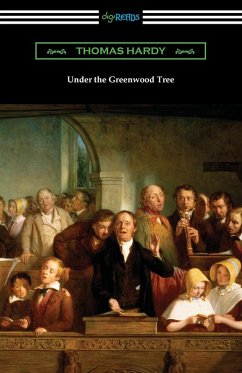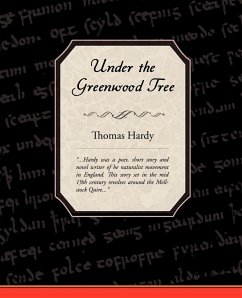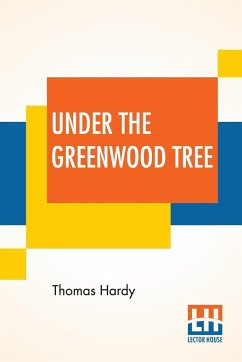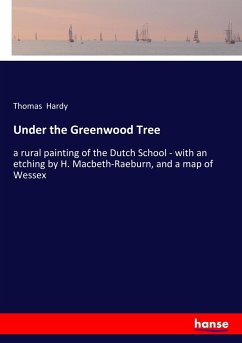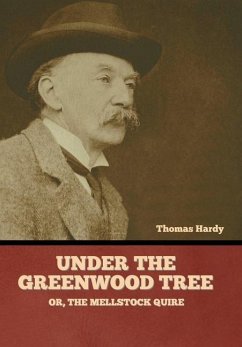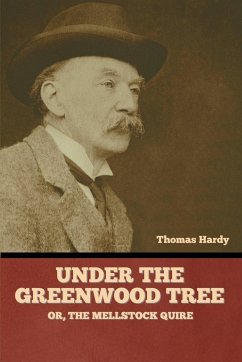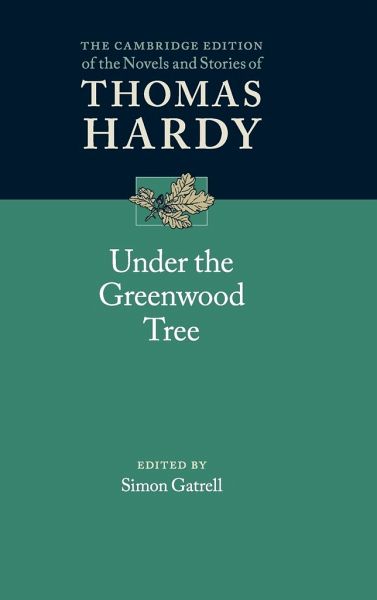
Under the Greenwood Tree

PAYBACK Punkte
69 °P sammeln!
Hardy's second published novel, Under the Greenwood Tree (1872), the first of his great series of Wessex novels, was originally published anonymously. As part of the Cambridge Edition of the Novels and Stories of Thomas Hardy, this edition of the novel provides readers with an authoritative and accurate text of the novel; moreover it gives access to every revision that Hardy made, and to notations of all the errors introduced by printers' compositors. The annotated text is surrounded by an introduction that gives a very full account of the genesis, the writing and the publishing history of the...
Hardy's second published novel, Under the Greenwood Tree (1872), the first of his great series of Wessex novels, was originally published anonymously. As part of the Cambridge Edition of the Novels and Stories of Thomas Hardy, this edition of the novel provides readers with an authoritative and accurate text of the novel; moreover it gives access to every revision that Hardy made, and to notations of all the errors introduced by printers' compositors. The annotated text is surrounded by an introduction that gives a very full account of the genesis, the writing and the publishing history of the novel. A range of appendices and comprehensive explanatory notes explore significant aspects of the composition, production and marketing of the novel, touched on in the introduction, to provide a full understanding of the nature and life of this classic work.




